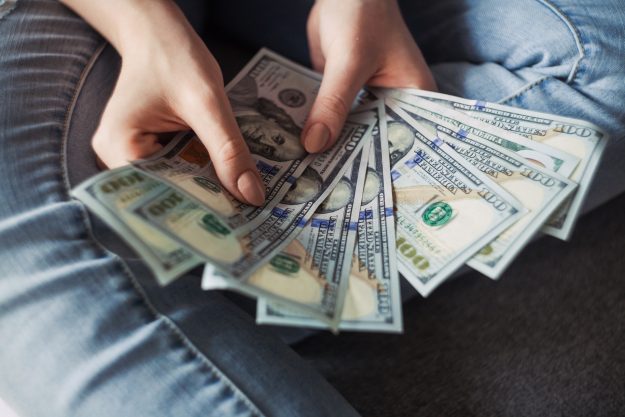Is Inflation Here to Stay?
According to the most recent report by the Bureau of Labor Statistics, U.S. inflation is currently running at a 13-year high of 5.4%, and it’s showing no signs of slowing. Here’s what to know about the current state of the U.S. economy and what you can likely expect in the coming months.
Inflation is not going anywhere soon
Rising prices in just about every sector is the new norm. The inflation rate fell at the start of the coronavirus pandemic, and during the nationwide lockdown as people hunkered down at home. In March 2021, though, when the impact of halted manufacturing began hitting the market and crude oil prices started climbing, the inflation rate increased to 2.6% before hitting its current high of 5.4% in June and July. Although the rate started falling in August to 5.3%, it went back up to 5.4% in September. Experts, like the Trading Economics information technology company, now expect that number to continue rising, probably hitting 5.5% in the coming months.
Unfortunately for the average consumer who’s struggling to cover expenses amid rising costs, this means inflation isn’t going anywhere soon.
Why are prices so high?
There are several factors for the inflation bubble. First, suppliers are still catching up on production shortages that were caused by factory shutdowns during the pandemic. Second, climate disasters, like California wildfires and a drought in Brazil, are responsible for driving up prices in the food industry. The demand for higher wages, partially caused by the 10.4 million job openings in the U.S., and the rising cost of gas, are contributing to inflation as well.
What can consumers expect in 2022?
While no one can accurately predict the future, economists are expecting inflation levels to taper off by the middle of 2022. According to a survey conducted by the Wall Street Journal, many are expecting inflation to drop to 3.4% by June 2022 and to continue falling until it hits 1.8% by the end of the year.
PLEASE NOTE: The statistics and estimates supplied in this article were sourced via the hyperlinked references throughout the blog, and not by High Point Federal Credit Union.





